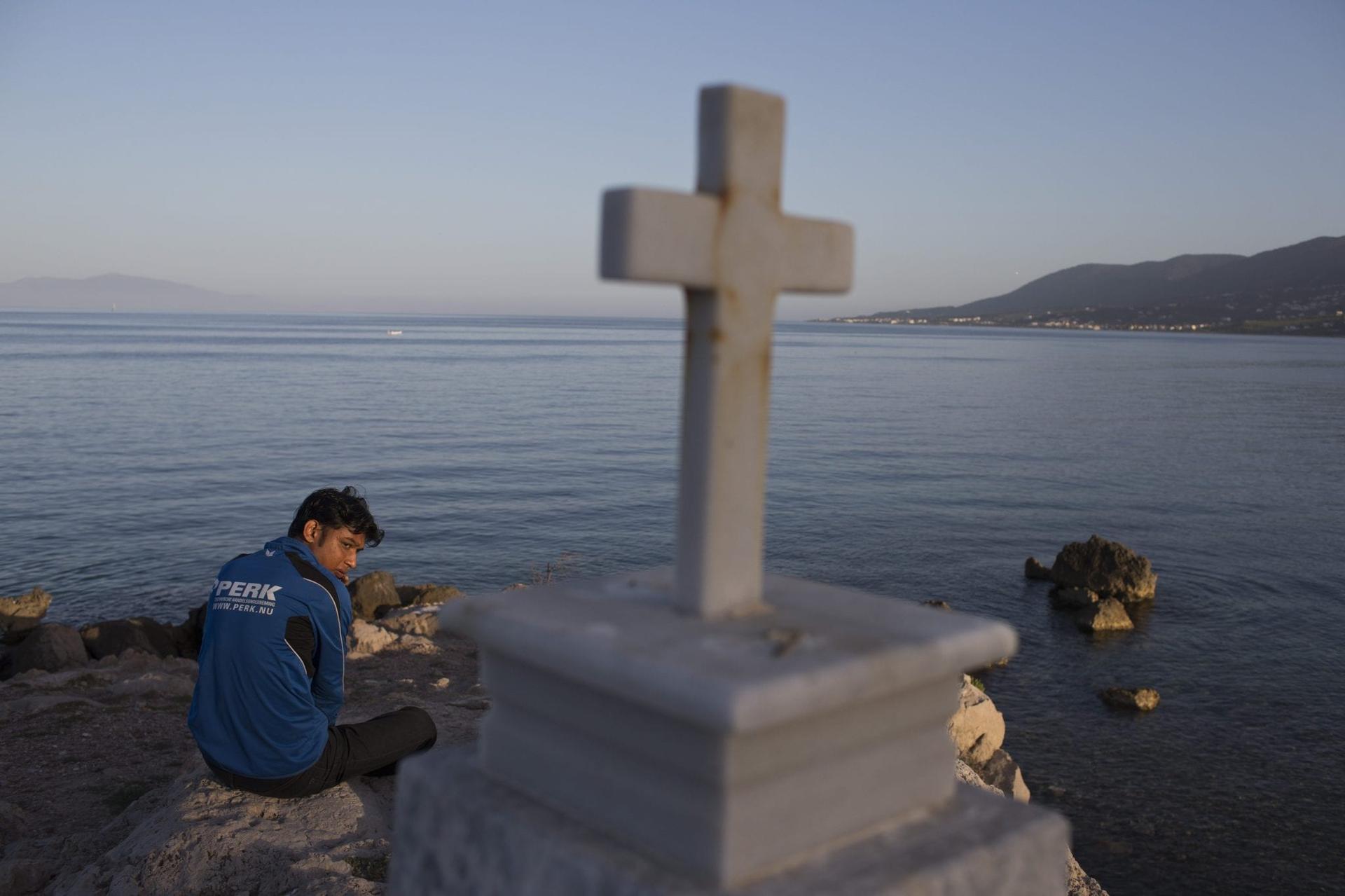ROME— Despite Pope Francis’ repeated calls for a comprehensive Catholic response to the European refugee crisis, Europe’s bishops declared Tuesday they don’t have a common line, arguing that the differing realities of each country makes a uniform response impossible.
“We have talked long about migration, but the problem can’t be explained in a three-line statement,” said Hungarian Cardinal Péter Erdő of Budapest, Hungary, President of the Council of European Bishops’ Conferences.
When asked about walls being built around several countries, including Hungary, Erdő didn’t give a resounding “no,” saying that those who are doing so are building “wire fences” with several possible legal entry points.
This approach, he argued, is being done to guarantee that every person entering a country is properly identified, and that no one seeking asylum will be denied entrance.
According to Erdő, in 2015 over 430,000 migrants and refugees traveled across Hungary trying to reach Germany, the final goal for many of those reaching Europe through Italy, Greece, and Spain.
“You can’t make a quick judgement of the individual decisions of each country, because the countries that were under Soviet domination [and] that are now part of the European Union aren’t yet integrated,” he said.
Erdő said it’s because of this lack of integration, which translates to economic under-development compared to countries such as Germany, France and England, that places such as Hungary, Poland and Albania have become where migrants pass through on their way to other destinations.
“Poland or the Czech Republic have offered homes and food to migrants, but in a few weeks most continued on to countries which offer better opportunities,” he said.
Erdő, together with Italian Cardinal Angelo Bagnasco and Archbishop Angelo Massafra of Albania, spoke to journalists in Rome on Tuesday, including reflections on their Monday meeting with Pope Francis.
“Christianity is a religion that didn’t create one grey mass of the European peoples, but that helped each country to develop its own genius, tradition, and language, with underlying common values,” said the Hungarian when speaking about the meeting with Francis.
According to Erdő, the Argentine pontiff wants Europe to reencounter its Christian roots, because “Christianity is the vital force of the continent” and a “common denominator” of the European nations.
On the migrant crisis, Bagnasco said that the ongoing movement from the poor south to the richer north “irreversible,” and called for the United Nations to become aware of this and take action.
Building on Erdő’s comments about fences, Bagnasco said the “Church’s mission is to announce the Gospel and its values, certainly not to give political or operational indications.”
Bagnasco also highlighted the “welcoming attitude” Catholics throughout the continent have shown to migrants, with the Catholic Charity Caritas in Italy, for instance, distributing 12 million free meals in 2015.
“The European churches, amidst their concrete and diverse situations, try to do everything possible to translate into action the Gospel that the Holy Father is re-proposing with great intensity on this issue, [because] this emergency doesn’t concern only Europe but humanity,” Bagnasco said.
President of the Italian Bishops’ Conference, Bagnasco also said there’s a difference between a “welcoming stage” during an emergency, where a roof, food, and clothing are needed, from that of “integration.”
“You can’t live in the welcoming stage forever, because this becomes welfare and it isn’t good for anyone,” Bagnasco said.
“Integration is not easy, because it implies the will to stay in a country, respecting the culture and the laws,” he added.
Massafra from Albania said the migrant crisis also poses the question of dialogue between Christians, Muslims and faithful of other religions, insisting that “those who arrive have to integrate to their new reality.”
Massafra added that one of the keys to solving the migrant problem is ending the war in the countries from where people are fleeing, such as Syria.
“Who buys the oil ISIS produces? Who gives ISIS weapons? Let’s end this war!” he said.
The Italian-born prelate also said another part of the solution is to stop “exploiting nations,” such as multinational companies that remove the natural resources of Africa with no accountability, so that “each can live from their own sweat and not welfare.”


















